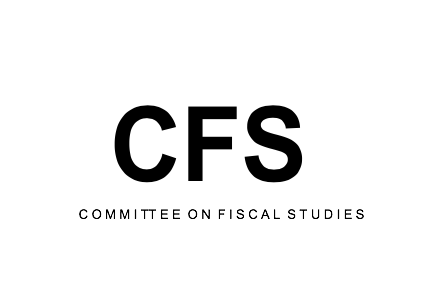Education for Sustainable Development? An Analysis of Financing Wetland Conservation in The Wetlands of Kenya
Abstract
Financing education is the future towards environmental protection including wetlands. The focus of this paper is to assess if there is conservation education in various wetlands sites of Kenya, and, to evaluate the key challenge facing conservation education in Kenya. This is because the Kenyan wetlands are degrading fast due to exploitation from surrounding communities. The theoretical framework used in this paper is the Network Theory of Castell which focuses on the programming which in this case is finance, the switch which is education and the nodes which are the policies. The research was undertaken in Kenya’s three Ramsar sites in the rift valley namely Lakes Nakuru, Naivasha and Bogoria. Primary data was collected from a sample size of 461 community household respondents and 10 site officials on the three sites. Household respondents were given questionnaires while the officials were interviewed. Descriptive statistics was used to get the analyses. The results indicated that education levels were very low in the case study sites explaining wetland degradation due to low levels of funding. The study concludes that the communities living around the wetlands need to have high levels of education and the focal point of Kenya Wildlife Service needs to work closely with the international organisations to get funding to implement the wetland and education policies on the ground.



